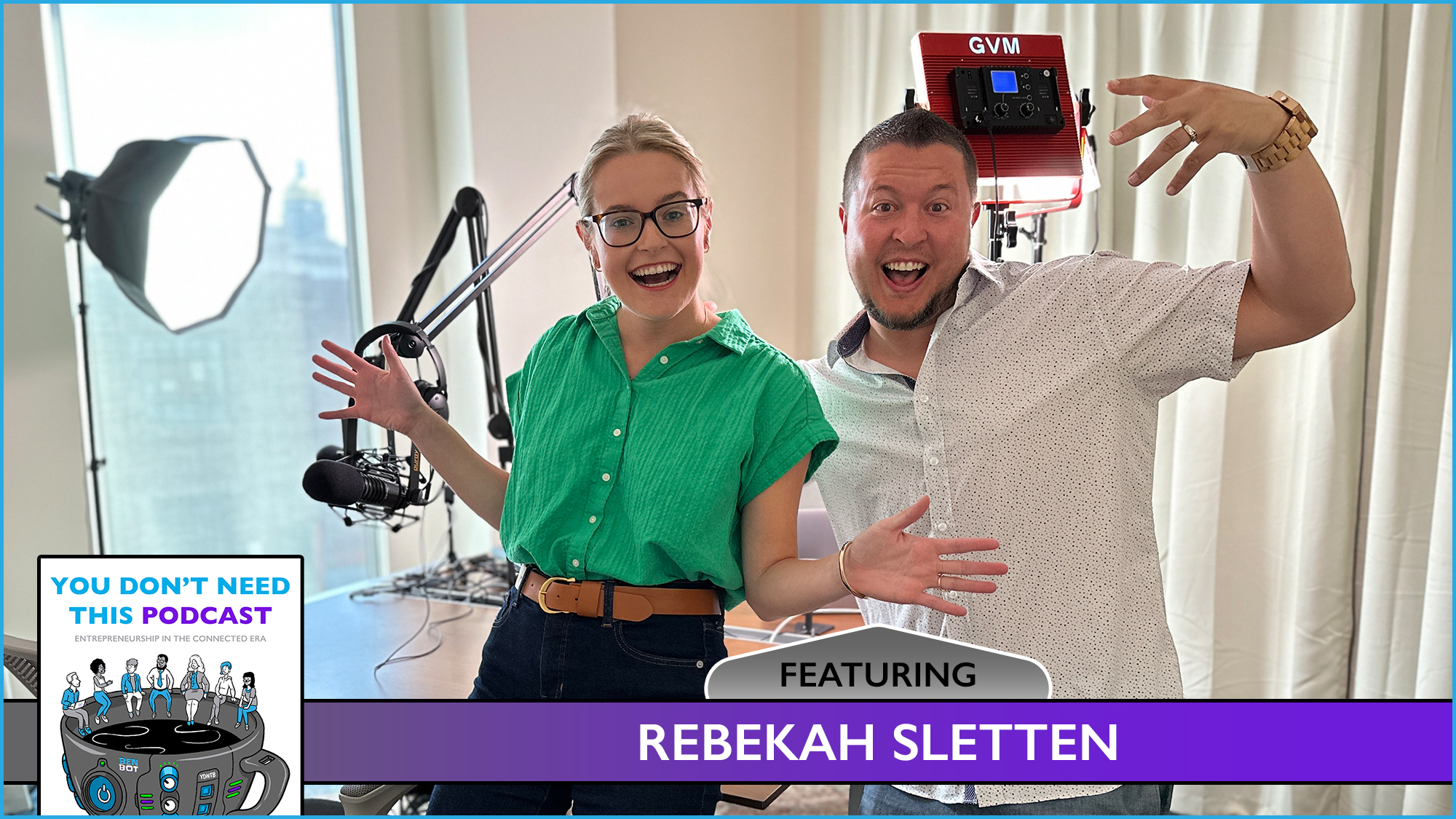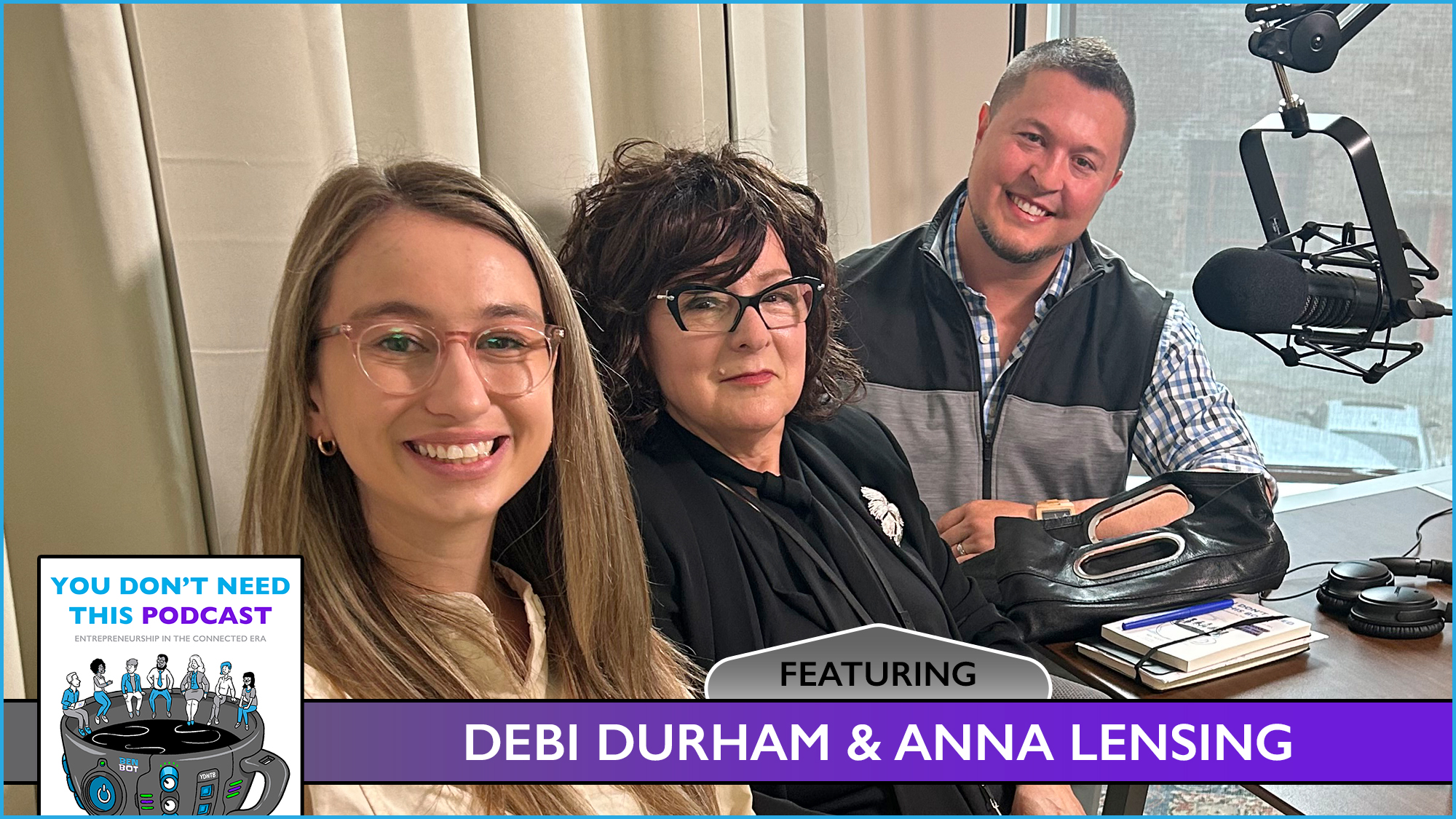DAOs are a revolutionary way for connected humans to organize, coordinate, and pool resources without the need for centralized authorities or intermediaries.
These community-led groups transparently establish operating agreements and manage a shared treasury. By leveraging smart contracts, all decisions made by a DAO (“Decentralized Autonomous Organization”) are recorded on an immutable blockchain and governance tokens are used for gathering consensus.
Extra Shot
This caffeinated contribution was written by Alex Myers. This certified futurist is a DAO Agility Coach at Aragon, a web3 platform for building DAOs on open-source infrastructure with governance plugins. Alex is also a web3dsm organizer who believes the more we teach, the more we learn.
There are over 11,000 DAO’s in operation, encompassing $11B+ in treasuries, varying widely in size, scope, and AUM (“assets under management”). All of DeFi utilizes DAOs to govern their treasuries, yet many are simply small groups of like-minded individuals who want to quickly gather, pool capital, and make decisions.
DAOs, like companies, come in many forms. Venture funds, investment groups, grant committees, philanthropy, media, and more. Here are the world’s largest DAOs and here are different types of DAOs.
Besides a wallet and owning cryptocurrency, no technical skills are required to create a DAO. Several no-code operating systems (Aragon, Tally, Colony, DAOHaus, and others) enable anyone to create a DAO in minutes by simply selecting governance capabilities, funding options, and voting requirements. Given many DAO operating systems are open-source, custom smart contracts and powerful plugins can add tailored functionality without additional cost as well.
To join a DAO, new members go through an onboarding process. Once confirmed, members can be given a digit asset, such as an NFT, to verify the details of their participation. Members are then granted access to a communication tool (like Discord, Telegram, or Slack) to collaborate with other members as decisions are made on which projects to pursue.
DAOs are different from traditional companies in that there is no hierarchy and decision-making is done through pre-set protocols and smart contracts. This decentralizes power and allows for more operational versatility. Members can work from anywhere and focus on work management rather than people management. Contributors can work in multiple DAOs and choose to remain anonymous or more identifiable within the group.
Extra Shot
Cheers to this web3 series brewing on the future of how we connect, communicate, and collaborate online!
As hype cycles and funding began to deteriorate in 2022, due to (mostly) macroeconomic forces, DAOs realized that community over performance was unsustainable. Today, sustainable DAOs utilize battle-hardened methodologies like Agile and KPIs to enhance coordination and productivity, while still maintaining a sense of community.
While all DAOs use crypto-assets to establish themselves, the size and scale of a DAO can impact its operations. Larger DAOs require more planning and coordination around governance optimization, commonly breaking into smaller, goal-oriented teams to define their own budget proposals, objectives, and success metrics. Since treasuries are often much more significant, DAOs members expect historical performance and analytics before voting to allocate funding.
DAOs are built on open, borderless, neutral, and censorship-resistant blockchains. This distribution is paradigm-shifting and a big reason for DAO growth. However, such dispersion also exposes DAOs to legal ambiguity. Since DAOs aren’t beholden to country-specific laws backed by traditional business structures (LLC’s, S-corps, C-corps, etc.), they must consider incorporation to minimize liability for members. Smaller DAOs with reduced financial capital are not as complex and more nimble, which allows them to define budgets, proposals, and goals with less effort.
Depending on the size, composition, ongoing activity, and how a treasury is funded (seed funding, ICOs, airdrops, grants, etc.), taxation and regulatory compliance is another presiding element for DAOs. This is especially true if a DAO is generating revenue by charging fees and distributing them back to token holders, as they could be redefined as securities and create taxable events. In short, the larger a DAO becomes, the more professional legal support, financial strategy, administrative attention, and overall leadership is required.
As we consider the future of work, DAOs have the potential to revolutionize the way organizations are structured and operated. DAOs re-imagine human coordination to be more equitable and transparent. With exponentially improving blockchain technology, alongside network effects, joining and contributing to DAOs will become a self-sustaining cycle of growth. As the world digitizes and becomes more decentralized, DAOs are poised to become a powerful force for change, disrupting traditional institutions and fostering a new era of innovation.
Extra Shot
You’re now ahead of the curve! Welcome to Web3 is a shareable reference and follow the Web3 tag for more reflections flavored in futurism.

